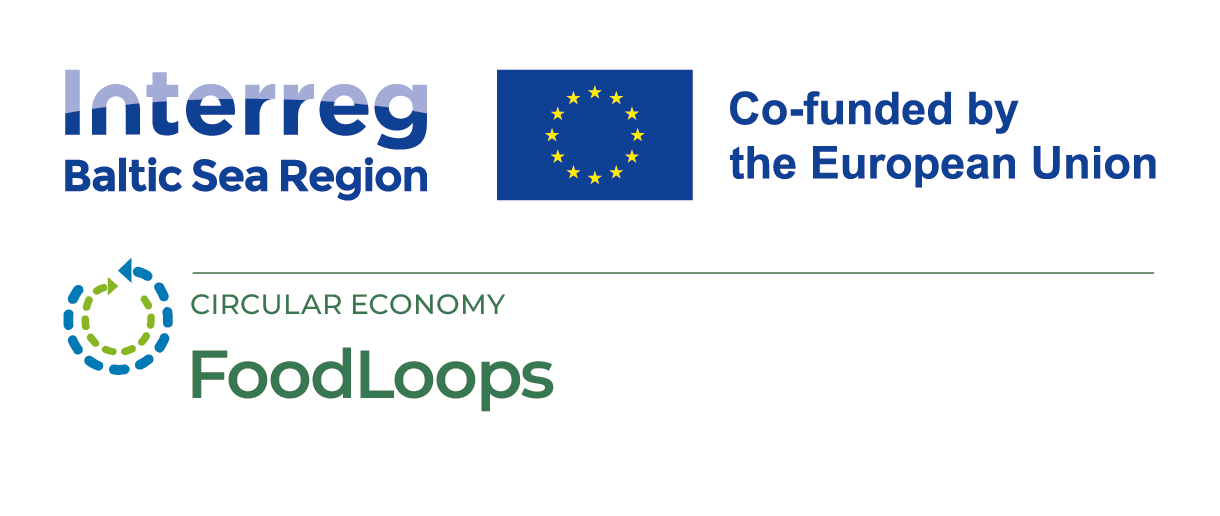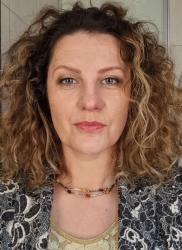
What Our Partners Say About FoodLoops: Building Cooperation for a Circular Future
07 October 2025
The FoodLoops project has demonstrated how schools can become active drivers of the circular economy by connecting education, food systems, and waste reduction. Through collaboration among municipalities, schools, farmers, and sustainability networks, the project piloted innovative approaches to bio-waste prevention and valorisation, empowering local actors to close the food loop. From composting and local sourcing to awareness-raising activities, FoodLoops has strengthened cooperation across the Baltic Sea Region, leaving a lasting impact on how communities think about food and sustainability.
“FoodLoops has shown us how collaboration between schools, municipalities and sustainability networks can truly accelerate change. In Finland, we’ve involved students through activities such as a vegan food tasting, a farm visit and a national food waste week event, bringing together teachers, students, parents, municipalities and waste companies to raise awareness and promote more responsible food choices.”
– Ulla Santti, Project Manager, Finland
In Poland, the project also created a unique opportunity to bring together local authorities, educators, and farmers to co-develop hands-on solutions for sustainable food systems.
“The FoodLoops project created a space for us to build understanding for the closed-loop food system in schools, openly discuss the challenges and concerns associated with the change in approach, and develop trust, which led to further joint initiatives. We have managed to actively involve representatives of the supervisory authority in the region, various departments of the Gdańsk Municipality and numerous municipal units, including public primary schools and representatives of local farmers, in co-creating solutions such as better food waste sorting and composting in schools.”
– Aleksandra Kulik, Gdańsk Municipality
Aleksandra further highlighted one of the project’s most meaningful achievements:
“The greatest success is undoubtedly the introduction of a model for the valorisation of unused and uneaten food at Primary School No. 61 in Gdańsk through composting and growing vegetables in the school garden, as well as appreciating the work on the land and the value of agricultural products, increasing respect for food and preventing its waste. I hope that the results achieved by the pupils and staff of this school, with the support of an expert in organic and regenerative agriculture, will empower other schools in Gdańsk and encourage them to introduce bio-waste composting.”
– Aleksandra Kulik, Gdańsk Municipality
Together, these insights illustrate how FoodLoops has built a foundation of cooperation, awareness, and trust — turning schools into living examples of circularity and inspiring others across the region to follow their lead.







